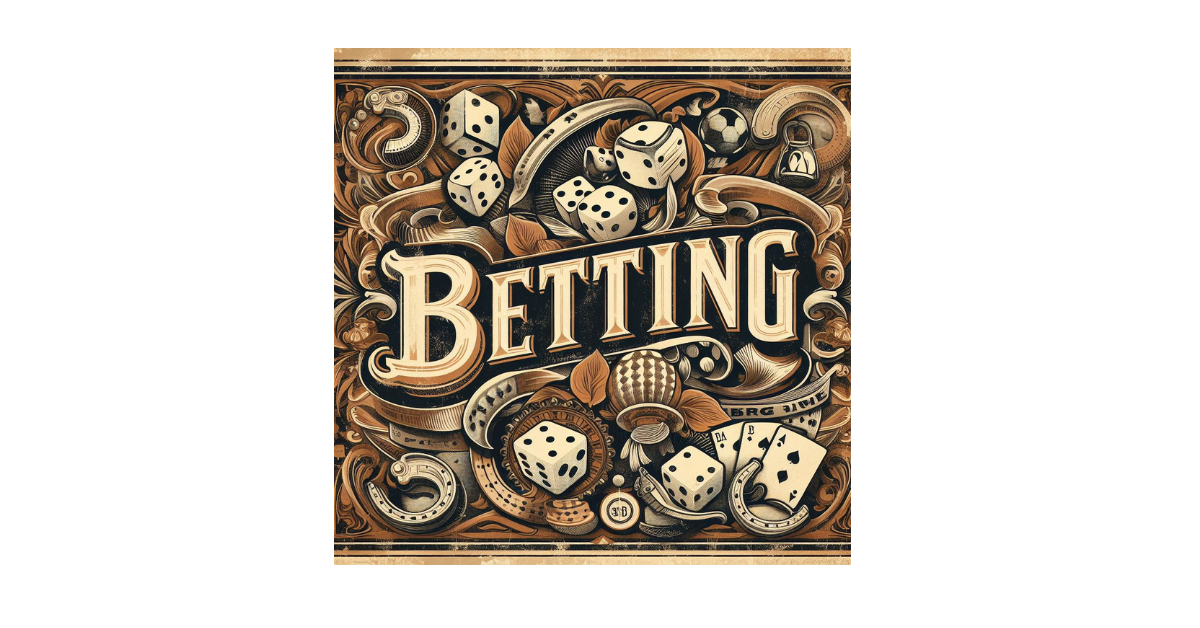The Risk of Gambling
Gambling inherently carries risks that can significantly impact individuals and communities. The lure of quick money and the thrill of chance often overshadow the potential negative consequences that come with it. From financial debts to strained relationships and even mental health issues, the risks associated with gambling are far-reaching and can have long-lasting effects.
One of the most pressing dangers of gambling is its potential to lead individuals down a path of addiction. What may start as innocent entertainment can quickly spiral into a compulsion that consumes one’s life. The addictive nature of gambling can have devastating effects on personal well-being, leading to financial ruin, emotional distress, and a loss of control over one’s actions.
Understanding the Concept of Betting
When it comes to betting, it involves placing a wager on the outcome of a particular event, where the result is uncertain. This could be a sports game, a horse race, or even political elections. Bettors stake money in the hopes of winning larger sums in return if their prediction is correct. The concept of betting is rooted in the idea of risk-taking and the thrill of uncertainty, which can be both exciting and unpredictable.
Betting is not limited to just sports or events; it also extends to various forms such as casino games, lotteries, and even stock market trading. The fundamental aspect of betting lies in the element of chance and probability, where individuals try to predict outcomes based on their understanding of the given situation. While some may view betting as a form of entertainment or a way to test their luck, it is essential to recognize the potential risks and consequences that come with it.
Different Forms of Betting
When it comes to betting, there are various forms that individuals engage in to try their luck. One common form is sports betting, where people place wagers on the outcome of sports events. This type of betting is popular worldwide, with enthusiasts predicting results and rooting for their favorite teams or players.
Another prevalent form of betting is casino gambling, which includes games such as poker, blackjack, roulette, and slot machines. In this setting, individuals wager money on the chance-based outcomes of these games in the hopes of winning big. The casino environment is designed to be enticing and exciting, drawing people in with the promise of instant wealth.
Impact of Betting on Society
Betting holds a complex position in society, influencing not only individuals but also the community at large. One significant impact of betting on society is the potential for a rise in problem gambling behavior. This can lead to financial hardships for those who become addicted to the thrill of betting, affecting not just the individuals themselves but also their families and loved ones.
Furthermore, the normalization of betting in society can desensitize people to the potential risks involved. As a result, individuals may be more likely to engage in risky betting behaviors without fully considering the consequences. This normalization can contribute to the perpetuation of a cycle of gambling addiction and financial strain on both a personal and societal level.
Psychological Factors Involved in Betting
Engaging in betting activities can trigger a range of psychological factors that influence an individual’s decision-making process. One such factor is the concept of cognitive biases, where individuals tend to rely on subjective judgments rather than objective reasoning when placing bets. This can lead to irrational decision-making and an increased risk of financial losses.
Moreover, the allure of potential rewards in betting can activate the brain’s reward system, releasing dopamine and creating a sense of excitement and anticipation. This dopamine rush can reinforce the behavior of betting, making individuals more likely to continue engaging in this activity despite the potential negative consequences. Understanding these psychological factors is crucial in addressing the underlying mechanisms that drive individuals to participate in betting activities.















